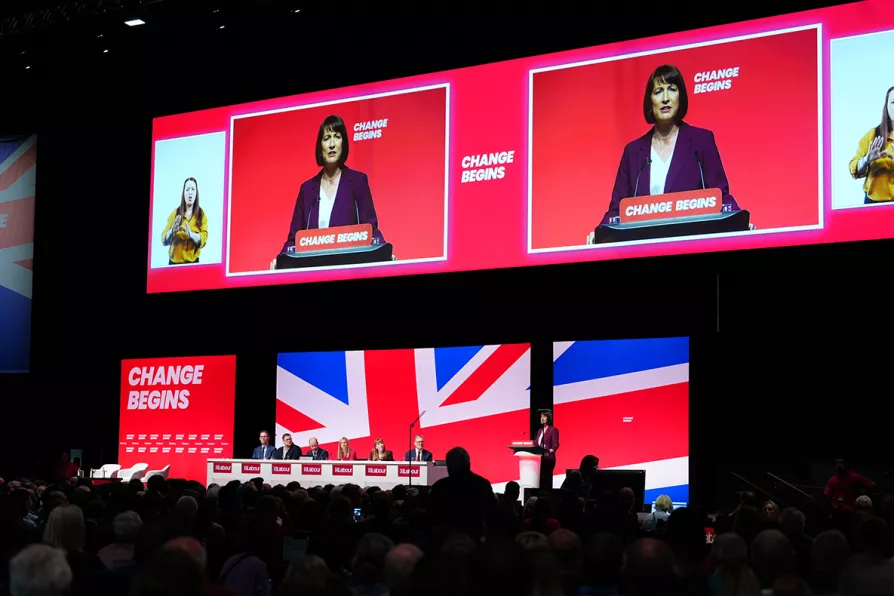Data on regional deprivation in England shows us an unequal society, but what to do about it remains unanswered argue ROX MIDDLETON, LIAM SHAW and MIRIAM GAUNTLETT

 Chancellor of the Exchequer Rachel Reeves speaks during the Labour Party Conference, Liverpool, September 23, 2024
Chancellor of the Exchequer Rachel Reeves speaks during the Labour Party Conference, Liverpool, September 23, 2024
NOW that the party conference season is over, the next major domestic political event is the Budget. Of course, everything is overshadowed by the ever-widening war being conducted by Israel, which effectively continues to have the full backing of the US and other Western powers, including Britain.
Judging by government rhetoric, it is extremely difficult to know what we should expect from Rachel Reeves’s first Budget at the end of the month. But the cliche that “actions speak louder than words” points strongly in the direction of more austerity. And, like most cliches, this one survives because it contains a kernel of truth.
It is a reasonable judgement to make that, in terms of PR, government economic policy is in disarray. A series of entirely different explanations for economic policy have been offered over the last 12 months.

Under current policy, welfare cuts are just a small downpayment on future austerity, argues MICHAEL BURKE













